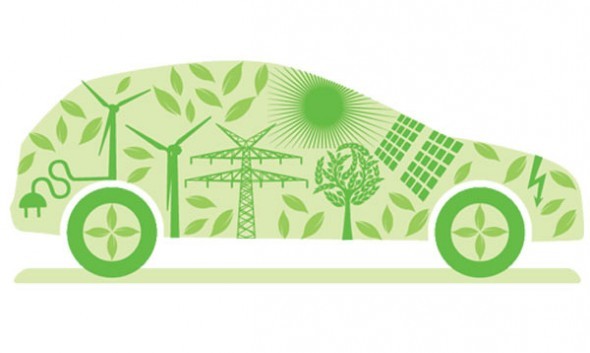Making Electric Transportation More Accessible
Posted on September 7, 2021 by Charlotte Shuff
Tags, Energy

After big wins in the legislature this year, CUB is now hard at work to make electric transportation more accessible for all Oregonians. Right now, Oregon’s largest electric utilities are not planning for electric vehicles with everyone in mind. We need a more holistic approach to electric transportation that prioritizes community needs.
This fall, CUB aims to move Oregon’s electric utilities toward a new electric transportation planning process that prioritizes:
- Renters
- Low-income Households
- Multifamily Housing
- Small Businesses
- Schools
- Public Transit
Electric vehicles are booming in Oregon with more than 37,000 vehicles on the road as of this blog’s writing. New programs have also made it easier for middle- and low-income families to buy an electric vehicle. Electric transportation is here to stay, and electric utilities need to plan for how to manage that impact.
Current Utility Planning is Too Limited
Every two years, Oregon’s largest electric utilities submit plans to the Public Utility Commission for their transportation electrification investments. Right now, these plans mainly focus on providing small pilot programs that serve limited groups of customers. Most customers haven’t had access to these programs because they are limited to certain areas and are primarily for homeowners.
CUB believes that this current form of planning is too limited and neglects the ongoing needs of renters, multifamily housing, and small businesses. These pilot programs measure success based on how many electric vehicles are added to the road because of the program, not the overall benefits these vehicles bring to the whole system. This approach excludes many communities entirely and often means that pilots never get expanded to larger groups of customers.
Customers deserve more convenient and affordable places to charge their electric vehicles. Public charging infrastructure in Oregon is not meeting demand and can cost three times more than charging at home. Utilities need to develop ongoing programs that provide affordable charging where people live and work. Oregon’s investment framework must be structured to facilitate this.
CUB’s Vision for Holistic Planning
Because of the focus on small pilot programs, there are few ongoing programs to help families and businesses install stations where people live, work, and learn. CUB envisions a new system of planning that goes beyond pilots and looks at the benefits that electric vehicles are bringing to the whole system.
Electric vehicles are making utilities a lot of money (PGE saw more than $10 million in revenue last year from drivers) and lowering energy costs for other customers. Planning processes that help more people drive electric make sense for everyone, including utilities.
Despite this large amount of revenue, utilities aren’t reinvesting the money into better integrating electric transportation into the system. This is especially true for renters and those in multifamily housing. We need to make electric transportation more accessible for more Oregonians.
CUB’s plan focuses on renters, multifamily housing, small businesses, schools, public transportation, and low-income households. By centering access in places where people live, work, and learn, we can help create a plan for investing in wide-scale programs that support overall infrastructure improvements. Instead of helping a few communities one program at a time, this approach creates a portfolio of programs that, when combined, benefit everyone.
The Roadmap Forward
This fall, the Public Utility Commission will be looking at utility planning for electric transportation. CUB advocates will be heavily involved, pushing for this more holistic approach to the planning process.
Regulators will host a series of workshops through October 20, 2021. For more information about how you can get involved and support making electric transportation more accessible, visit CUB’s Action Alerts page.
To keep up with CUB, like us on Facebook and follow us on Twitter!





09/07/21 | 0 Comments | Making Electric Transportation More Accessible